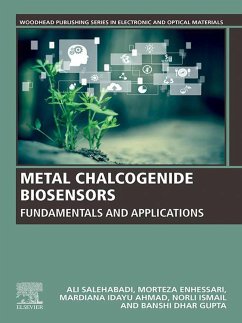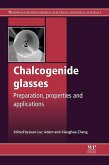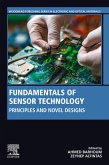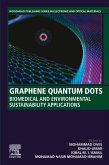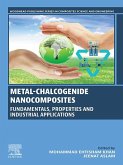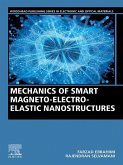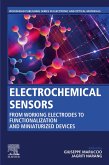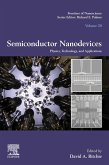Finally, a range of biosensor devices are addressed including gas biosensors, chemical biosensors, environment biosensors and biological molecule sensors. This book is suitable for those in the fields of materials science and engineering, chemistry and physics.
- Reviews the latest advances in fabrication methods for metal chalcogenide-based biosensors
- Discusses the parameters of biosensor devices to aid in materials selection
- Provides readers with a look at the chemical and physical properties of reactive metals, noble metals and transition metals chalcogenides and their connection to biosensor device performance
Dieser Download kann aus rechtlichen Gründen nur mit Rechnungsadresse in A, B, BG, CY, CZ, D, DK, EW, E, FIN, F, GR, HR, H, IRL, I, LT, L, LR, M, NL, PL, P, R, S, SLO, SK ausgeliefert werden.

